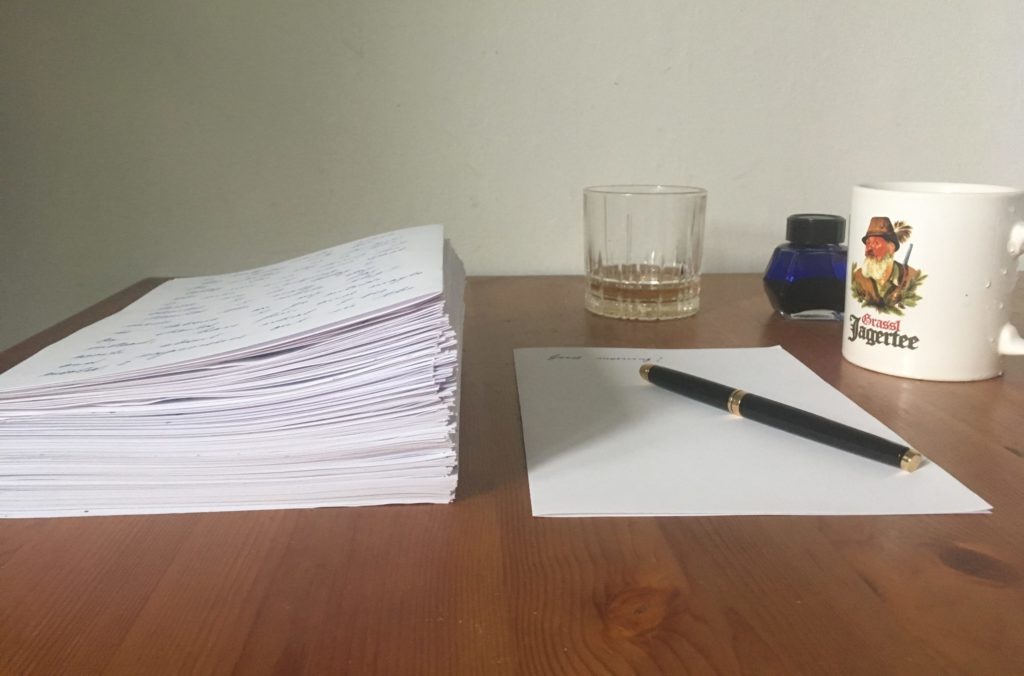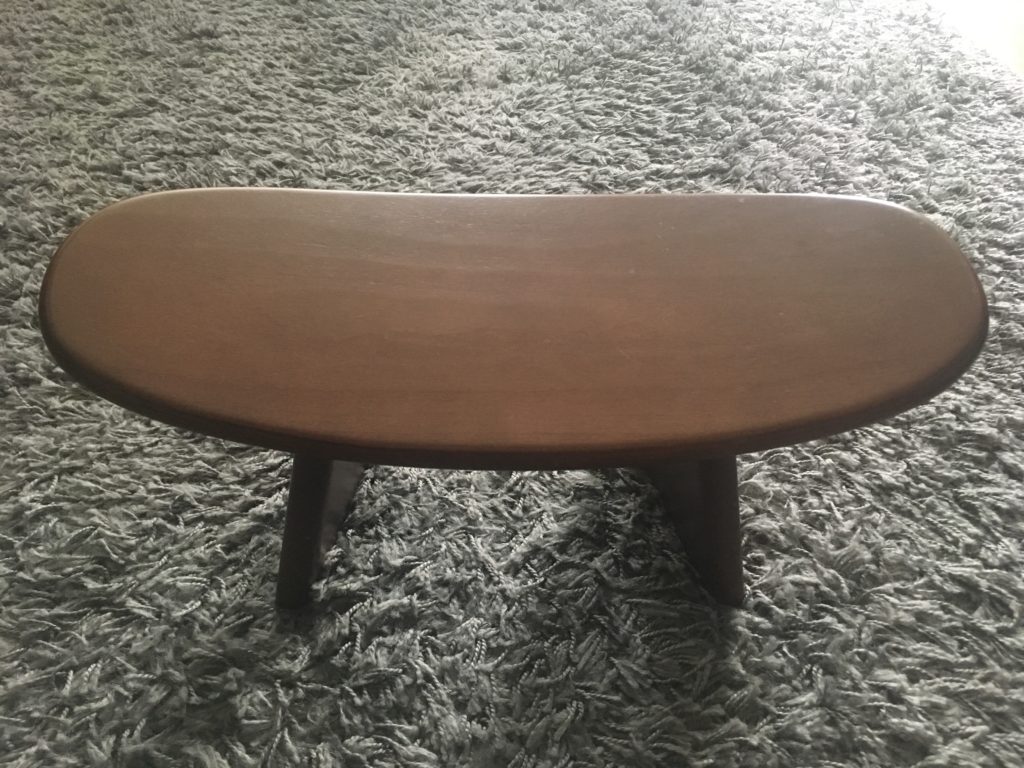The year is not even half over, and there is no shortage of things I will always remember it for. If I were to give 2020 a title in my personal history book, though, I would call it the year when I learned to cherish and wield the power of habits.
Of course, habits have always been an important part of my life. Humans are creatures of habit; that’s a truism, and I’ve been aware of it for as long as I can remember. But honestly, I always viewed that habitual side of human existence as something boring, a quality that I would want to either ignore or minimize—if not overcome altogether. Instead, I have always been a great believer in conscious, planned action. The avid learner that I am, I placed my focus on two things: understanding by empathy or analysis, and practice by repetition. Habits, however, are an entirely different beast.

2020 brought a change in thinking. I started the New Year by establishing some solid new habits. Since January, I write four pages by hand every day, first thing in the morning before breakfast, before I go on the Internet, check my messages, or read anything at all; and every night, before I go to bed, I meditate for a minimum of 15 minutes, on a little bench, with half-open eyes.
Neither of these practices was entirely new to me. I used to write morning pages a couple of years ago when a friend had encouraged me to read Julia Cameron’s book The Artist’s Way—but I only stuck with it for a few weeks. Around the same time, I also made my first attempts at meditation; I had kept coming back to it since, but used to never really manage to make it a daily commitment for more than a few weeks.

This time, in the year 2020, things have been quite different. The new habits have stayed with me consistently, despite the fact that they initially emerged rather organically, without a particular goal in mind. These habits were not part of my New Year’s resolutions, but the conscious goals that I had set for myself seemed to benefit from them. My habits appeared to me as inconspicuous but robust underpinnings to my actual plans for the year.
At that point, it wasn’t clear to me that a new virus, which was spreading rapidly in Wuhan, China, would soon cause a pandemic of global proportions.
My habits were like bars in a musical score, milestones on a path through unfamiliar landscapes, and spiritual lookouts when I felt trapped in my little flat.
When the pandemic came and disrupted daily routines and medium-term plans, these new habits of mine proved far more valuable than I had initially expected. During the lockdown, when I barely left the house, it was incredibly reassuring to have something to come back to every day. My habits were like bars in a musical score, milestones on a path through unfamiliar landscapes, and spiritual lookouts when I felt trapped in my little flat. But most importantly, they seemed to enable growth and movement when everything else was set for standstill and stagnation.
Around the time when I understood how important these habits were for my well-being, I came across the research of US psychologist Wendy Wood who had published a book titled Good Habits, Bad Habits in 2019. According to Wood, habits are forms of widely unconscious behavior that serve as long-term, “procedural memory.” Once they are established, they will not go away easily. Wood underlines that this quality of habits—while undesirable in some cases—actually makes for their enormous evolutionary benefit. If we want to get rid of nasty habits, she advises, our chances are much better if we replace them with good habits than with conscious behavior or actions.
In the course of the pandemic, many of us have had to change our behavior drastically for a while: stay home, don’t touch your face, keep your distance, wear a mask, wash your hands like there’s no tomorrow! During this time, it has been quite obvious how hard it is to break existing habits and establish new ones. And it’s striking how quickly the old habits return as soon as rules are rolled back and lockdowns are lifted.
There’s no doubt that humans will have to change their behavior even more drastically and certainly more permanently. Understanding the power of habits can move us a good step closer toward such changes.
—
Julia Cameron: The Artist’s Way. A Spiritual Path to Higher Creativity. New York: J. P. Tarcher/Putnam, 2002.
Wendy Wood: Good Habits, Bad Habits. The Science of Making Positive Changes That Stick. London: Pan Books, 2019.

Pingback: State of the Nation-State - dash of thought